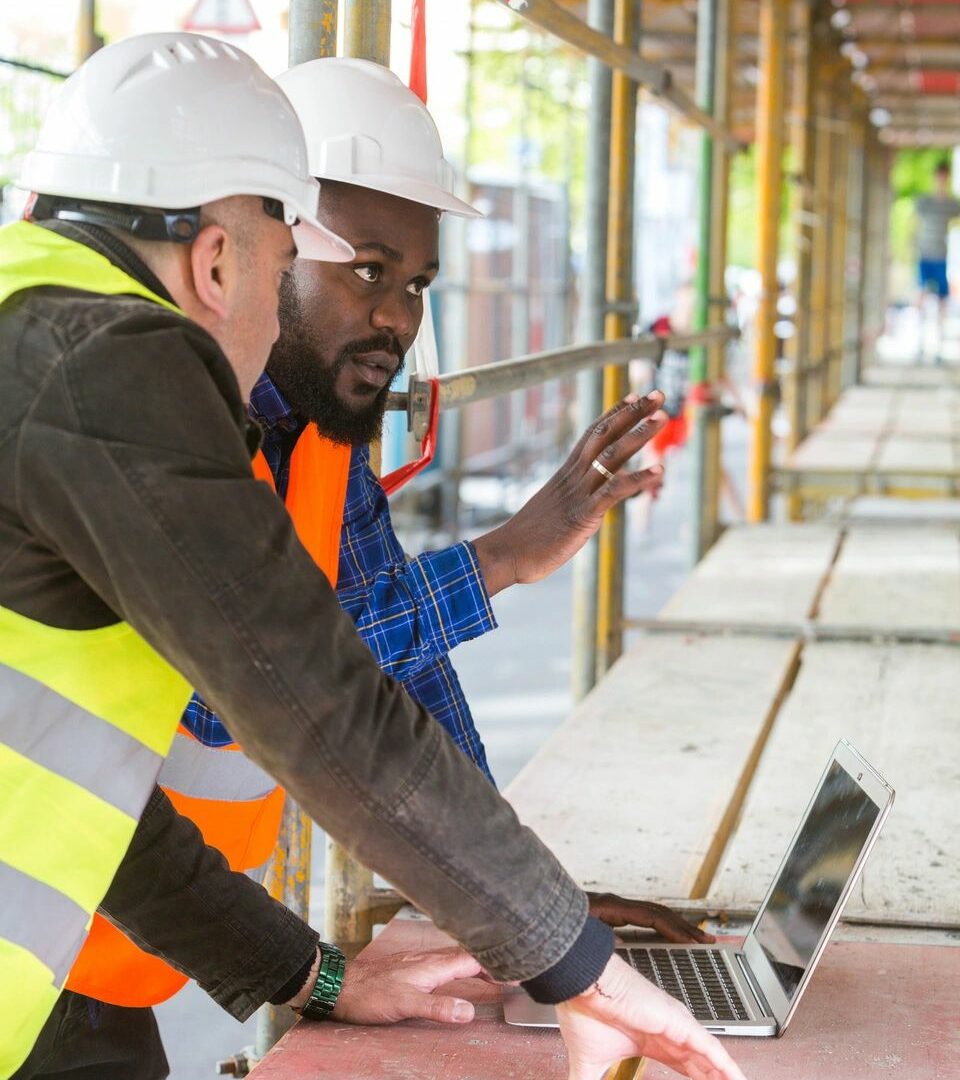Beginning an construction project, whether it is a small home renovation and a commercial build, might be a daunting endeavor. At the center of this complex process often lies the general contractor, the specialist who orchestrates all aspects of the initial blueprints to the final walk-through. Comprehending the role of a main contractor is essential for homeowners and businesses alike, because it may significantly impact the success and efficiency of your project.
In this article, we will investigate various aspects of partnering with general contractors, uncovering valuable insights from seasoned professionals in the field. From the important questions to ask before hiring one, to how they manage permits and oversee subcontractors, we will arm you with the knowledge needed to navigate the construction landscape assuredly. Whether you’re contemplating a DIY approach or considering the advantages of hiring a licensed contractor, this comprehensive guide aims to illuminate the path ahead.
Grasping the Function of Contractors in General
Contractors serve as the primary point of contact for numerous construction projects. They are accountable for overseeing the complete process, from the initial planning and design stages through the finalization of the project. This entails hiring and managing subcontractors, administrating the budget, and ensuring that the work is completed on schedule. Their extensive involvement allows for an efficient workflow and clear communication among all parties engaged in a construction project.

A crucial aspect of a general contractor's role is project management. They manage various elements such as scheduling, procurement of materials, and compliance with construction regulations. This involves not only grasping technical specifications but also being proficient at addressing problems that arise during construction. Their skill to manage these challenges is vital to ensuring that the project runs seamlessly and stays within budget.
Additionally, general contractors provide essential expertise in construction techniques and safety standards. They work directly with architects and engineers to translate design ideas into practice while also enforcing safety on the job site. By controlling roofing companies irving tx and ensuring adherence to safety practices, general contractors safeguard both the workforce and the assets of the property owner, making them a pivotal part of any successful construction endeavor.
Important Inquiries for Choosing a Contracting Builder
When searching for the best general builder for your construction, it's crucial to begin with the appropriate questions. First, inquire about their expertise and skills in the relevant field of contracting you require. Inquire how much time they have been in operation and if they have completed contracts similar to yours. This will help you assess their competence to oversee your contract effectively. Additionally, ask for recommendations and examples of past work to evaluate the standard of their work and customer satisfaction.
Then, discuss their method to managing projects. Understand how they collaborate with third-party contractors and handle schedules, finances, and communication. Ask about the systems and systems they use for monitoring progress and if they have a backup plan in case of unforeseen setbacks or challenges. A qualified builder should be transparent about their methods and have a specific strategy for keeping the project runs smoothly from start to finish.
Ultimately, it’s important to discuss contractual details. Inquire about their payment structure and what is included in the agreement. Confirm how they manage licensing and checks, as well as their policy on modifications to the scope of work. Understanding these details will help you prevent conflicts and ensure that you are on the same page about the job's expectations and costs.
Primary Differences and Discourse within Construction Contracts
Comprehending the differences among general contractors and specialized contractors is vital for individuals involved in construction. Main contractors oversee complete projects, handling timelines, budgets, along with multiple teams, including subcontractors who focus in particular tasks including plumbing or electrical work. This segmentation of labor allows general contractors to hold a broad perspective on project goals, while subcontractors focus on their areas of expertise, making sure excellent workmanship throughout every phase of the project.
Effective dialogue is vital for a successful contracting experience. Clients and primary builders must establish clear lines of dialogue from the outset. This includes talking about project timelines, budgets, as well as requirements to miss miscommunications in the future. Routine updates and status check-ins during the project timeline can assist address any issues that emerge, guaranteeing that all parties are on the same page and moving towards the identical goals.
Moreover, the role of dialogue goes towards teamwork alongside designers and technical experts. Primary builders serve as the connective tissue, converting design ideas to feasible steps for the project workers. They must not just relay technical insights but also champion for the property owner's vision while also following to building codes. This collaborative approach is vital for producing a successful project that meets the dual functional needs and design desires.
